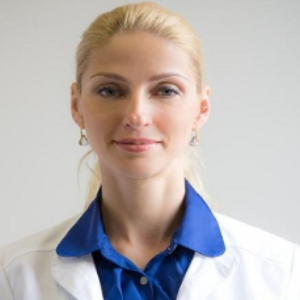Title : Fascia plane block for spine surgery complementary to general anaesthesia
Abstract:
Regional anaesthesia and pain management have experienced advances in recent years, especially with the advent of fascial plane blocks. The erector spinae plane block (ERSB) is one of the newest techniques to be described. In the past two years, publications referring to ESP block have increased significantly. The objective is to give a review about ERSP application that have been published. The ERSP block is performed by depositing the local anaesthetic in the fascial plane, deeper than the erector spinae muscle at the tip of the transverse process of the vertebra. For spine surgery Th10-12 level is preferable. Many cases of its use have been described with satisfactory results regarding to the treatment of pain. The applicability of the technique covers many surgery field: thoracic, breast, abdominal and spinal. The single-shot is the most frequently used technique. The lack of evidence of catheter insertion limits catheter usage in spine surgery. As described in the articles published to date, the technique is easy to perform and has a low rate of complications. Most likely, the ESP block can contribute significantly to a perioperative multimodal opioid-sparing analgesic regimen and enhance recovery after lumbosacral spine surgery



